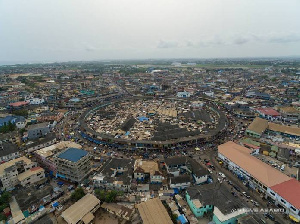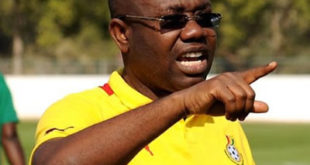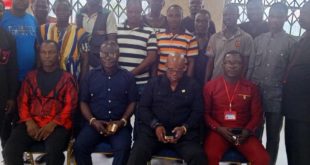Sekondi-Takoradi, known as the ‘Twin-City’, is the capital of the Western region of Ghana.
Sekondi is the administrative capital while Takoradi is the commercial capital. Over the years, there have been so many accounts about how Takoradi got its name.
The name ‘Twin-City’ is gradually becoming the ‘Oil City’ because Ghana’s oil and gas resources stretch can be found at the shoreline of Cape Three Points in the Western region.
In all the accounts about the region and how its name came about, there are two which share a similarity – the account of a tree.
In one of the accounts, the name Takoradi, is said to have come from a combination of the Portuguese word Taccarada and a local word Ntakor.
This version is said to have been in the archives of the Sekondi Library by one Joe Hanson.
“Before the Whiteman came, the local inhabitants mostly the Ahantas called the place Amanful-kro meaning Amanful’s town. . .or simply Amanful, even today this name has been maintained for some part of the city.
“The Portuguese in 1485 built a slave post at where the harbour view is now and called it Taccarada. Meanwhile, the local people were already referring to the place as Ntakorase, meaning “under the Ntakor tree”.
“However, the Whiteman could not pronounce Ntakorase very well and the Ahantas could also not pronounce Taccarada very well too. As time went on the pronunciation of the two words merged to form Tacorrasi…which then become Takoradze, (local pronunciation)…and finally, before 1800, The British and The Fantes had made it TAKORADI which remains the official name today.”
Another account similar to the first was narrated by one Abaka Amoah to the Daily Graphic.
Amoah, a retired employee of the Ghana Railways and Port, who grew up in the region recounted to the Daily Graphic that the name ‘Takoradi’ came from a tree known as Takore-dua (Takore-Tree).
This tree, he noted that, was only found in the Western and parts of the Central, Eastern and Western North regions – but is now extinct.
He said, the early settlers who used the Takore-dua as a home were described as those who were under the Takore-tree – Takora-adi (meaning under the Takore tree in the local language).
“When we were in elementary school, the tree was near the present location of the harbour, and it was a big tree known as Takore-dua, and that is where the original settlement was,” he said.
Amoah added, “because the tree provided a lot of shade to withstand the storm, with tree branches from the top to the bottom and protected the settlers under (it) but they were later moved to pave the way for the construction of the rail and the port.
“The settlers were Ahantas, therefore, they referred to their settlement under the tree as Takora-adi (under the Takore-tree) and that is how the name Takoradi came about.
“The Fantis from the Central Region say Takora-adzi, while the Ahantas say Takora-adi and the rest twi-speaking name it Takora-asi – so that is why we have Takoradi and Takorasi.
“There was one at Ataabadzi in the Central Region and another one at Akyem after Akyiase towards Kade, there is a settlement there called Takorasi, and another town in the Western North Region known as Takorasi, all with the same story – but sadly the tree is no more – we lost it to modernity and the quest to settle, through human activities,” Abeka Amoah narrated.
 Home Of Ghana News Ghana News, Entertainment And More
Home Of Ghana News Ghana News, Entertainment And More





